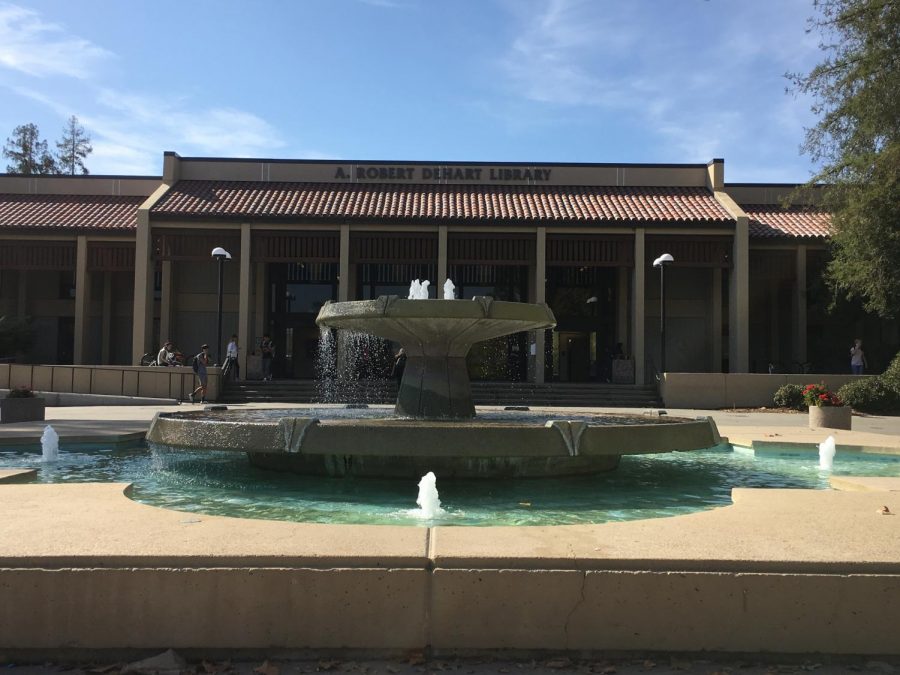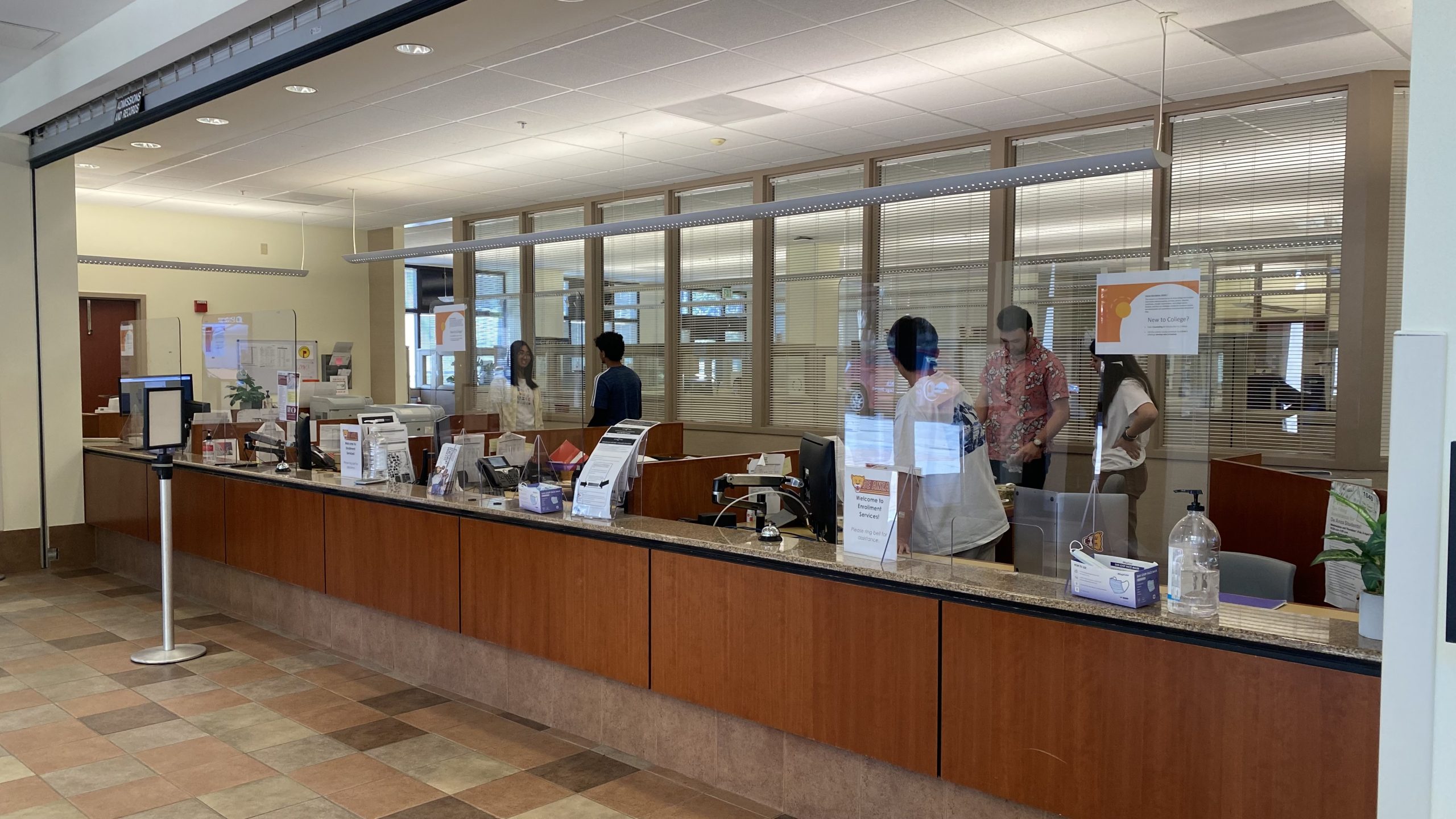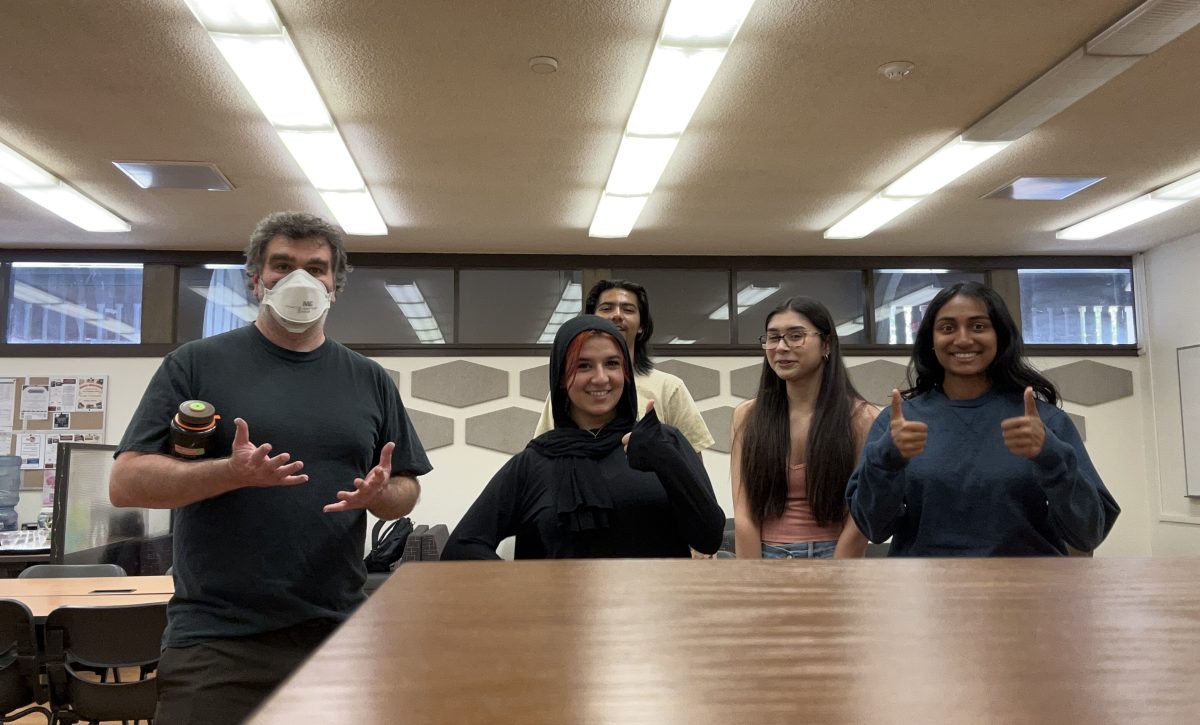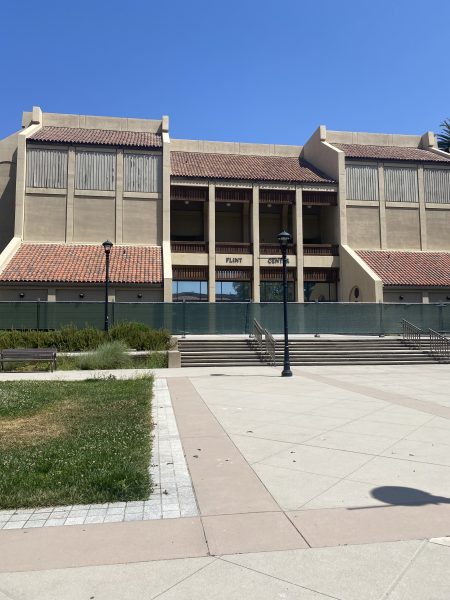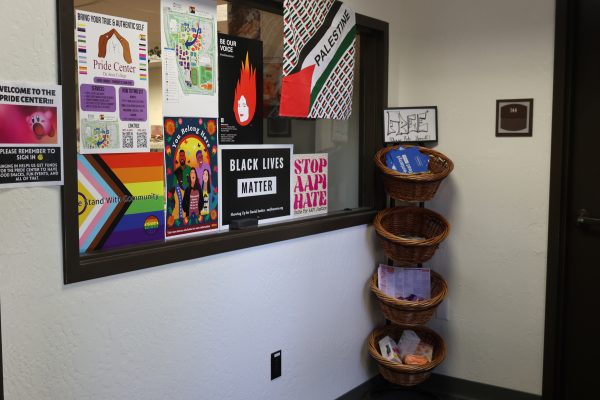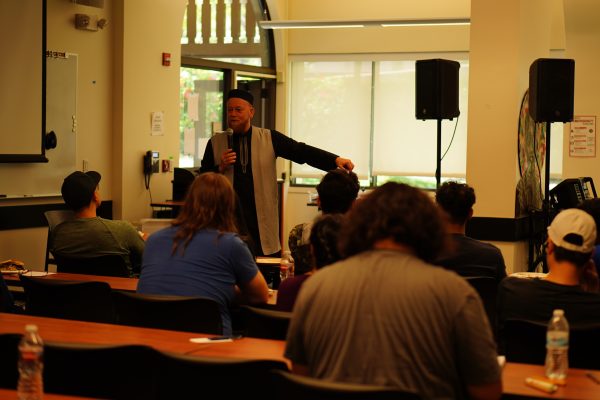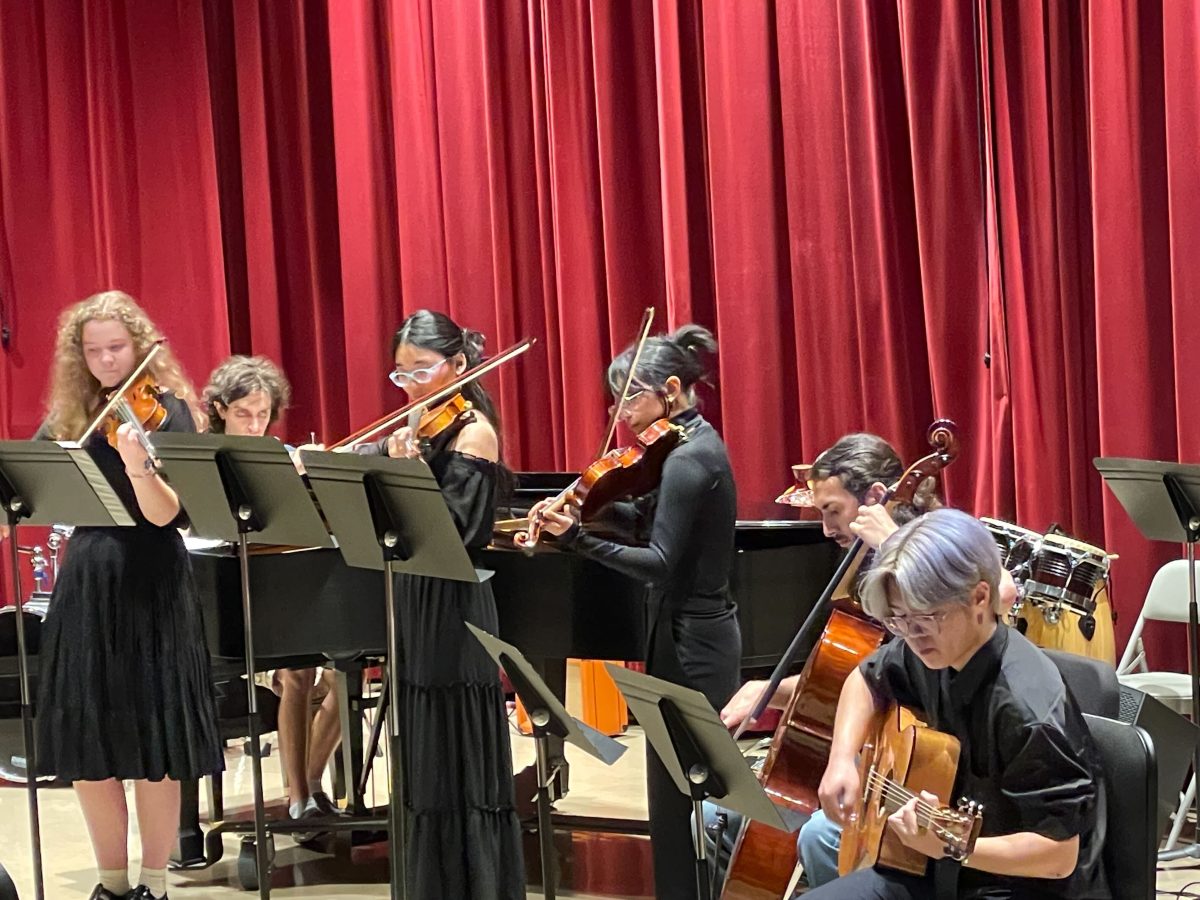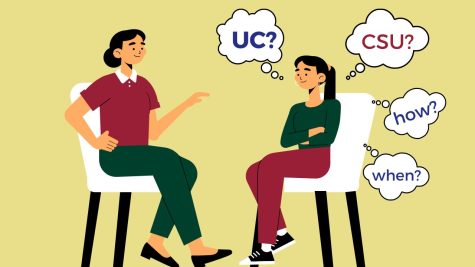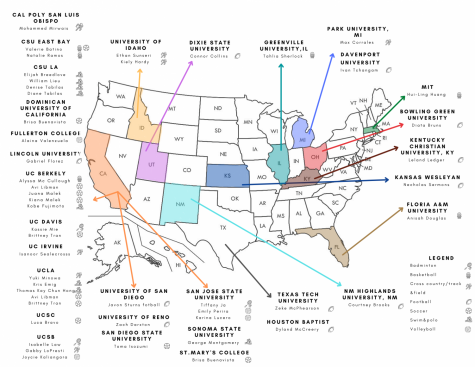Community Colleges offer a chance to get a head start, a degree, and some work-life balance
A. Robert DeHart Library, De Anza College
October 31, 2019
Going to a community college for a two-year degree such as an associate’s degree or for the first two years of an undergraduate degree is a no-brainer. It is simply the most efficient and effective way to get high-quality education in California and there are little-to-no downsides.
The times of being able to work your way through a 4-year degree on a minimum to moderate wage are over.
There is no way to feasibly pay for school outright on even a moderate salary. With students having less and less opportunity to have their college careers paid for by parents, more and more students rely on student loans or grants to pay for college.
The average cost for in-state tuition and fees for a public 2-year college in California is $1,268 per year as of the 17-18 academic school year. That is considerably lower than the public 4-year tuition and fees average cost of $8,020 per year as of the 17-18 academic year, according to the National Center for Education Statistics.
Students who transfer into CSUs graduate at a rate of 40.4% once they transfer, whereas students who started as freshmen in CSUs only finish in four years at a rate of 27.5% as reported by Mercury News.
Say you have no interest in transferring, the associate degrees provided by community colleges considerably increase the income possibilities when compared to those who stop at a high school diploma. The Bureau of Labor Statistics reflects that the difference in weekly income is an increase of $132 a week or $6,864 a year for those who obtain an associate degree as well as reduces the likelihood of being unemployed after graduation.
For non-traditional students who are older students or students that attend school part-time while working full-time, community college may be the best option out there.
Younger students that complete high school early or pass the California High School Proficiency Exam also have a chance to get a head-start on their college careers by attending courses at a local community college.
An all-around benefit is that class sizes at community colleges tend to be smaller and offer more opportunities to meet with professors.
With all of the benefits that come with attending Community College, a question worth asking is: Why wouldn’t you?



